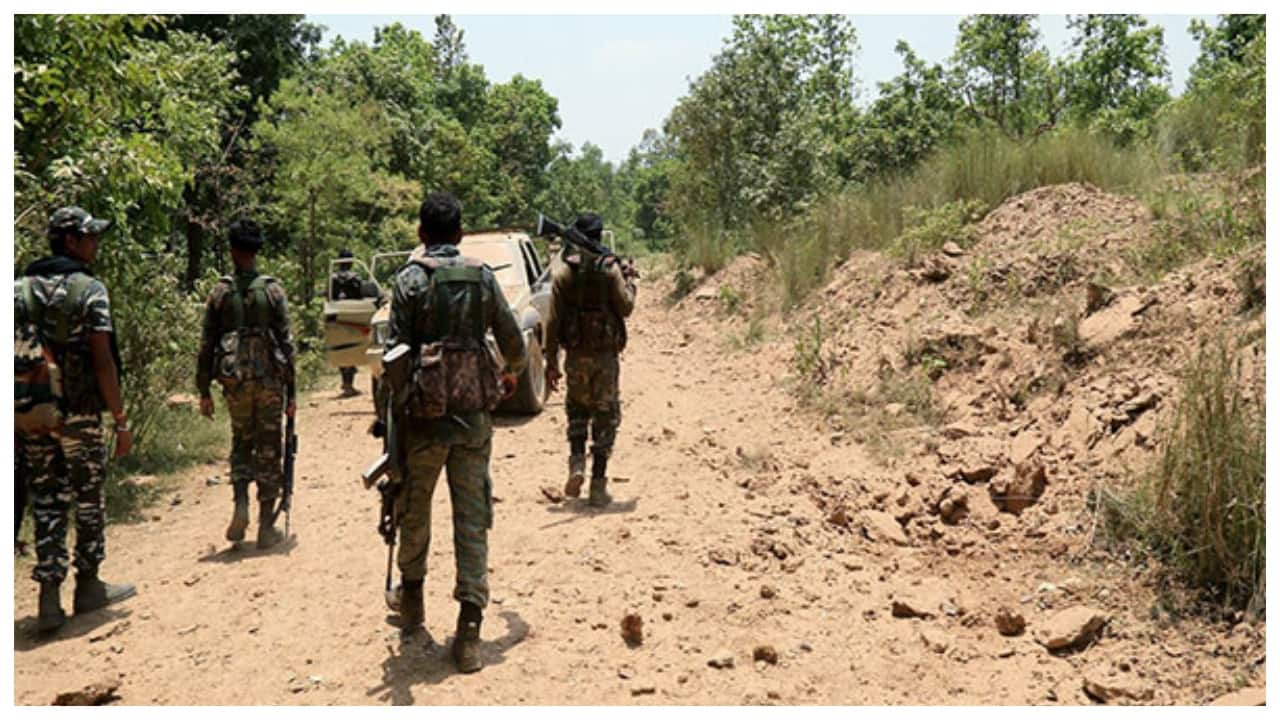 |
|
The recent deportation of 104 Indian immigrants from the United States has sparked significant controversy, particularly concerning the reported treatment of the deportees during their transit. Union Minister Ramdas Athawale has strongly condemned the method of deportation, voicing his disapproval of the use of shackles on the individuals throughout their journey. His statement highlights a growing concern regarding the human rights implications of such actions and underscores the delicate diplomatic relationship between India and the United States. The incident raises crucial questions about the protocols involved in international deportations and the ethical considerations surrounding the treatment of individuals facing repatriation.
Athawale's criticism centers on the perceived inhumanity of shackling the deportees during the long flight from the United States to India. The assertion that their hands and legs were cuffed throughout the journey, only being unshackled upon arrival in Amritsar, paints a stark picture of the conditions endured by these individuals. This aspect of the situation has generated considerable public outrage, with many questioning the justification for such treatment. The image of restrained and potentially distressed individuals underscores a larger discussion concerning the rights of immigrants and the responsibilities of nations involved in deportation processes. The minister's condemnation reflects a broader sentiment of disapproval towards the methods employed by the US authorities in this instance.
The deportation itself is a significant event in the context of the ongoing immigration debate in both India and the United States. The 104 individuals represent a sizeable group, and their arrival in Amritsar marked the first such large-scale deportation under the Trump administration's crackdown on illegal immigration. This action reflects a stricter enforcement of immigration laws in the United States, leading to a surge in deportations. The event further illuminates the complex dynamics surrounding immigration policy, highlighting the challenges faced by both countries in managing undocumented populations and balancing national security concerns with humanitarian considerations. The incident serves as a reminder of the ongoing tension between nations regarding migration and the ethical complexities involved in enforcing immigration laws.
Beyond the immediate controversy surrounding the use of shackles, this incident raises broader questions about the international cooperation between countries on matters of immigration. The manner in which the deportation was carried out highlights the need for more transparent and humane processes. There is a call for clearer guidelines and better collaboration to ensure the welfare of individuals being deported. Improved communication and coordination between nations could help prevent future incidents of this nature and contribute to a more equitable and compassionate approach to immigration enforcement. The situation underscores the importance of diplomatic engagement and the need for mechanisms to address human rights concerns within the framework of international immigration laws.
The event serves as a case study in the complexities of international relations and the importance of upholding human rights standards even in the face of security and immigration concerns. The differing perspectives of the Indian government and the previous US administration reveal the nuances involved in navigating sensitive diplomatic issues. The incident's lasting impact will likely extend beyond the immediate fallout, influencing future discussions on international cooperation, human rights in deportation procedures, and the overall management of immigration challenges across borders. Further investigations into the circumstances surrounding the deportation are needed to fully understand the events and to potentially prevent similar incidents from occurring in the future. Athawale's statement, while initially focused on the use of shackles, represents a wider concern over the treatment of deported individuals and the responsibility of nations to act humanely.
